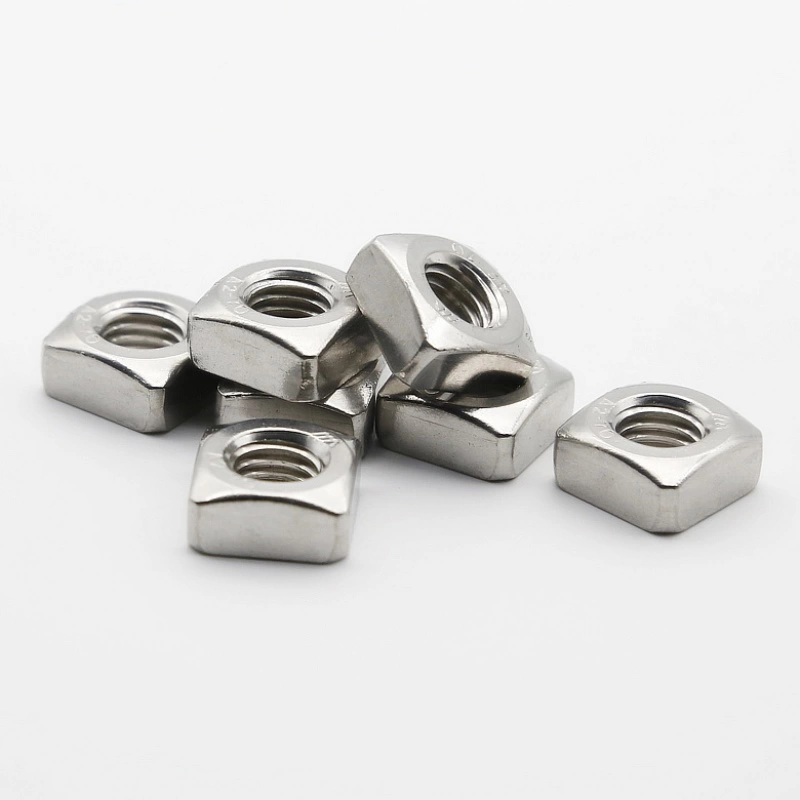

metric self tapping screws
Sep . 15, 2024 02:42 Back to list
metric self tapping screws
Understanding Metric Self-Tapping Screws A Comprehensive Guide
In the world of fasteners, metric self-tapping screws play a crucial role in various industries, offering a reliable solution for securely joining materials without the need for pre-drilling holes. These specialized screws are designed for ease of use and efficiency, making them a favorite among engineers, builders, and DIY enthusiasts alike.
What Are Metric Self-Tapping Screws?
Metric self-tapping screws are fasteners characterized by their unique ability to create a thread in the material they are driven into. Unlike standard screws, which require a pre-existing hole, self-tapping screws, as their name suggests, tap their own threads as they are inserted. This feature not only simplifies the assembly process but also saves time and effort during installation.
They come in various metric sizes, typically denoted by their diameter and length in millimeters. For example, a screw labeled as M4 x 20 means it has a diameter of 4 mm and a length of 20 mm. The metric system is widely used globally, making these screws ideal for international applications.
Applications of Metric Self-Tapping Screws
The versatility of metric self-tapping screws allows them to be used in numerous applications. They are commonly employed in construction, automotive, electronics, and woodworking industries. For instance, in building applications, these screws are often used to fasten metal sheets, plastic components, and wood elements.
In electronics, self-tapping screws secure circuit boards and enclosures, ensuring that components remain firmly in place during operation. Their ability to create strong joints without requiring additional hardware or tools makes them particularly valuable in time-sensitive production environments.
metric self tapping screws

Types of Metric Self-Tapping Screws
There are several types of metric self-tapping screws, each designed for specific applications
1. Thread-Forming Screws These screws are used in softer materials, such as plastic or aluminum. They create threads by displacing the material rather than cutting it, which minimizes the risk of damaging the base material.
2. Thread-Cutting Screws Designed for harder materials like steel, these screws remove material as they create threads, ensuring a tight fit and enhanced load-bearing capacity.
3. Self-Drilling Screws These screws feature a drill-shaped tip, allowing them to penetrate and tap their threads simultaneously. This capability is especially useful when working with metal materials.
Choosing the Right Metric Self-Tapping Screw
When selecting the appropriate metric self-tapping screw for your project, consider factors such as the base material, load requirements, and environmental conditions. Ensure that the screw's coating, such as zinc plating or stainless steel finishes, is suitable for preventing rust and corrosion in outdoor or humid environments.
In summary, metric self-tapping screws are essential fasteners that enhance efficiency in various assembly processes. Their ability to create threads in a range of materials without pre-drilling makes them an attractive option for many applications. By understanding their types and uses, you can select the right screws for your specific needs, ensuring strong and durable joints in your projects.
Latest news
-
Hot Dip Galvanized Bolts-About LongZe|High Strength, Corrosion Resistance
NewsJul.30,2025
-
High-Strength Hot Dip Galvanized Bolts - Hebei Longze | Corrosion Resistance, Customization
NewsJul.30,2025
-
Hot Dip Galvanized Bolts-Hebei Longze|Corrosion Resistance&High Strength
NewsJul.30,2025
-
High-Strength Hot-Dip Galvanized Bolts-Hebei Longze|Corrosion Resistance&High Strength
NewsJul.30,2025
-
Hot Dip Galvanized Bolts-Hebei Longze|Corrosion Resistance&High Strength
NewsJul.30,2025
-
Hot Dip Galvanized Bolts - Hebei Longze | Corrosion Resistance, High Strength
NewsJul.30,2025

